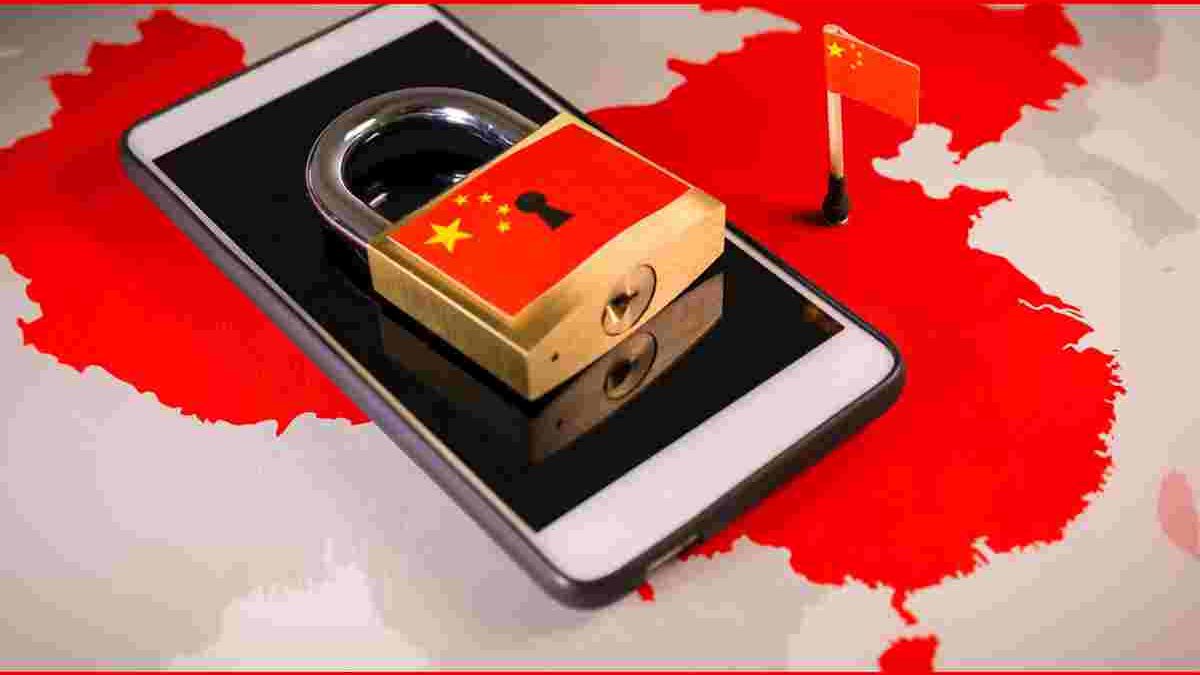Anyone who lands in China and pulls out their mobile phone is likely to be quickly surprised: some online services are not available in the People’s Republic. The “Great Firewall” ensures that surfing the World Wide Web is only possible with strict restrictions. If you want to get around this, you should definitely read this article.
Table of Contents
Internet use in China: Visitors often face these challenges
China is not only one of the most popular travel destinations, it is also extremely popular with skilled workers from abroad. Many international companies send their employees to China to work in production, either on a temporary or long-term basis.
However, anyone travelling here from Europe, the UK or other countries quickly realizes one of the main problems: internet censorship. In China, content on the World Wide Web is strictly regulated, meaning that many international websites and services are blocked. The best free VPNs for China, for example, help to circumvent the “Great Firewall”.
VPN services are also blocked
While VPN services can usually be used without any problems in the rest of the world, there are clear problems in China. The government goes to great lengths to block access by service providers. Although connections can be established, they often break off. Only VPNs with high encryption standards, obfuscation technology, many server locations, numerous servers and enormous server switching capacity have a chance.
Providers that regularly update their software and protocols to respond to censor blocking attempts also stand a good chance. Some services also offer the option of using dedicated IP addresses, which are less likely to be blacklisted and therefore provide a more stable connection.
Be aware of the legal gray area
If you want to use a VPN service in China, you should be aware of the legal gray area. Officially, all providers that have not been authorized by the government are illegal. However, regulation and control are difficult to implement in practice. Many political and technical experts therefore have a tip for tourists and temporary skilled workers from abroad: inform yourself about the current political mood. In the People’s Republic, compliance with the law can change quickly, depending on the social and political situation in the country. It also helps to ask other tourists or local colleagues about their experiences or recommendations for the best VPN services for China that work well.
Choosing a VPN service: These considerations will help
There are several VPN service providers that are suitable for China. Which one is really the best? Each has its strengths and weaknesses and is aimed at a different user group. One of the most important factors is reliability. There are often problems with the connection due to government blocking attempts if the provider is not very flexible when it comes to software updates, server selection and the like. The connection could be a problem in rural areas, in particular if network coverage is poor. There are far fewer interruptions in large cities.
Data limits also play an important role in the selection process. Many free VPNs have strict limits, which limits the fun of streaming and surfing. If you need large amounts of data, you should look for a VPN provider without limits or with a generous limit.
Install a VPN service before travelling to China
The government’s attempts to block access go so far that installing a VPN service in the country itself is often not possible at all, or only possible under difficult conditions. Technology experts therefore recommend installing the service before travelling to China. This increases the chances of initially gaining free access to the Internet. As soon as you realize that the service has been blocked, it can help to switch to another server or update the software through the provider (for example, after the protocol update).

